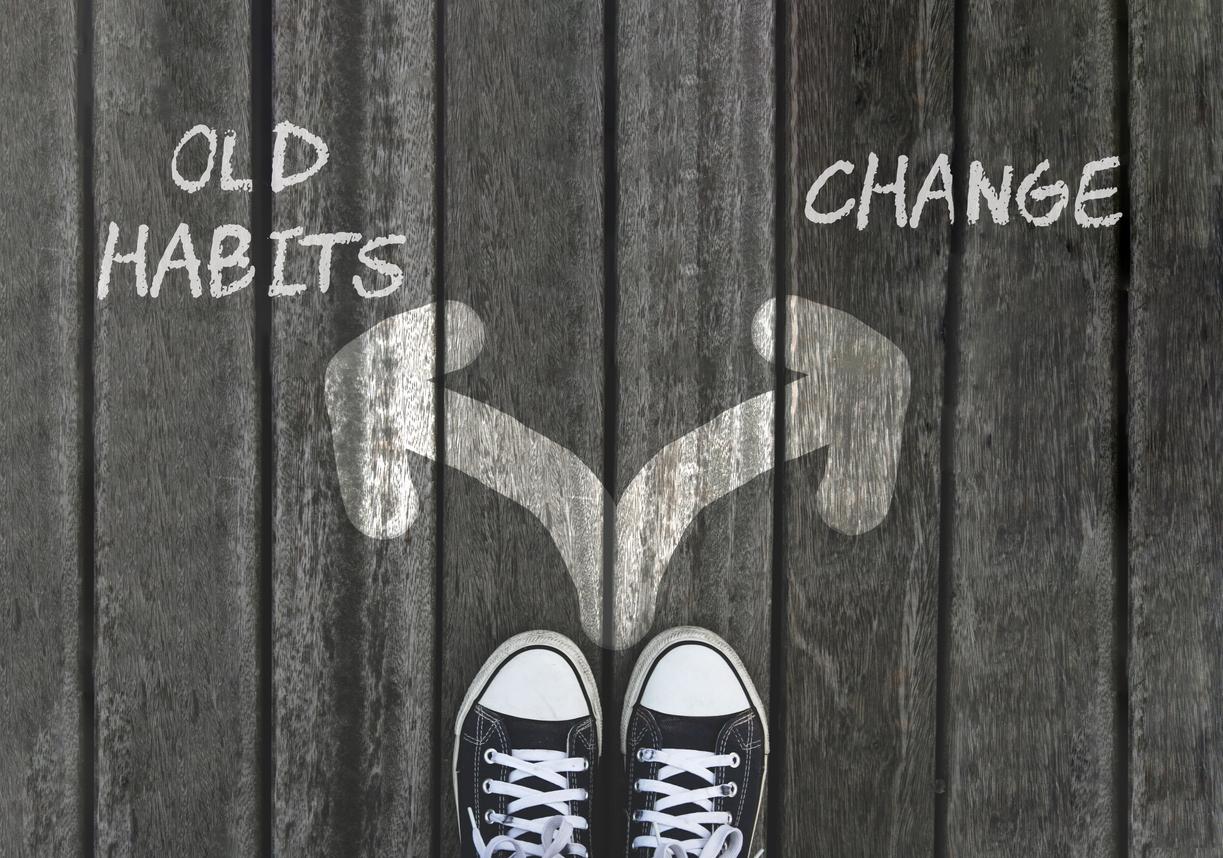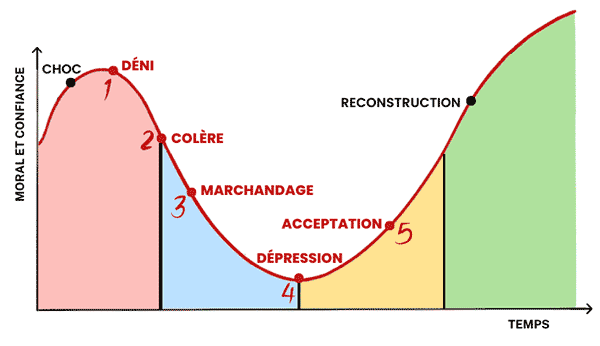An Australian study shows that it takes much more time than you think so that a good resolution really turns into habit.

- Good habits are starting to train in about two months.
- But it varies a lot depending on the case. This can take up to 335 days to become an automation.
- Factors influence the success of change: the frequency of the new habit, the moment when it is made, if it is appreciated or not …
If you have taken a good resolution of the year and you notice at the end of January that it remains very difficult to hold … courage. You still have to persevere a little to achieve your goal. Works from the University of South Australia show that the widespread theory that it takes 21 days for a healthy habit to be adopted, is false. It takes more than double, according to the article published in the review Healthcare.
Healthy habits: it takes more than 2 months to solidify them
To determine in how long a healthy gesture becomes a habit, even an automation, the researchers have screened 20 studies on this subject. They thus studied files of more than 2,600 people between the ages of 21 and 73.
The analysis of the data collected reveals that the new habits are starting to train in about two months. The median was established between 59 and 66 days. However, it takes patience because they can take up to 335 days to settle.
“In our research, we have noted that the formation of habits begins within about two months, but there is significant variability, with training times ranging from four days to almost a year”confirms Dr. Ben Singh of the University of South Australia in a press release. “It is therefore important for people who wish to adopt healthier habits, not to abandon after three weeks”he concludes.
Good habits: what are the success factors?
If it takes time for healthy habits to be fully anchored in everyday life, certain factors can also influence the success of the project, underline the researchers. For example, they have noticed that the adoption of the right resolution depends, among other things, on the frequency to which the new activity is undertaken, the moment of practice and the fact that it is appreciated or not. “If you add a new practice to your morning routine, the data show that you are more likely to get there. You are also more likely to stick to a new habit if you appreciate it”adds Dr. Singh.
“Planning and intends to implement new behavior can also help consolidate a new habit. Make sure you continue to take the time to integrate your new healthy habits in your daily activities. This can be so simple What to prepare your sports clothes the day before a morning walk or prepare a healthy lunch to be taken in the refrigerator. Implement, you will be able to succeed “he advises.
If additional work is necessary, the scientist and his team specify that their results can already guide health initiatives that promote a change in lasting and healthy behavior.














